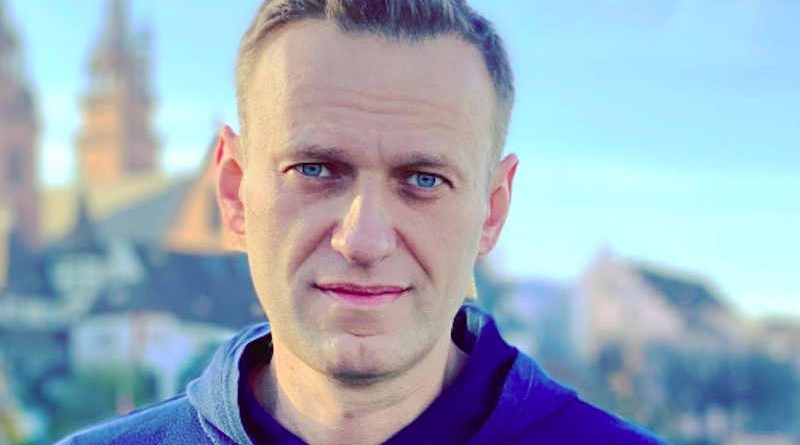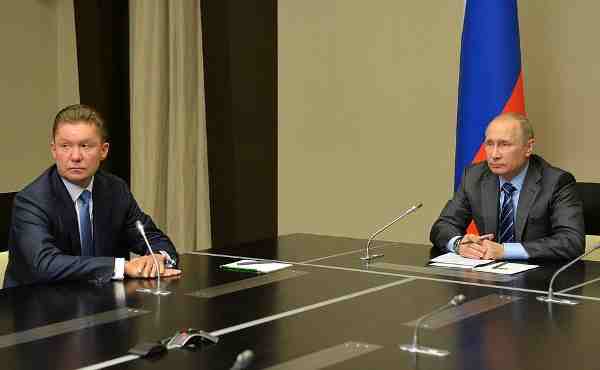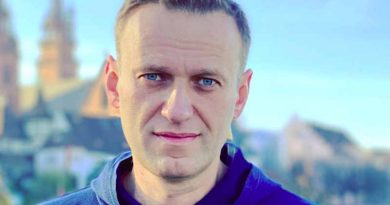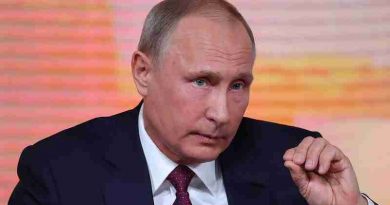EU Sanctions People Responsible for Human Rights Violations in Russia
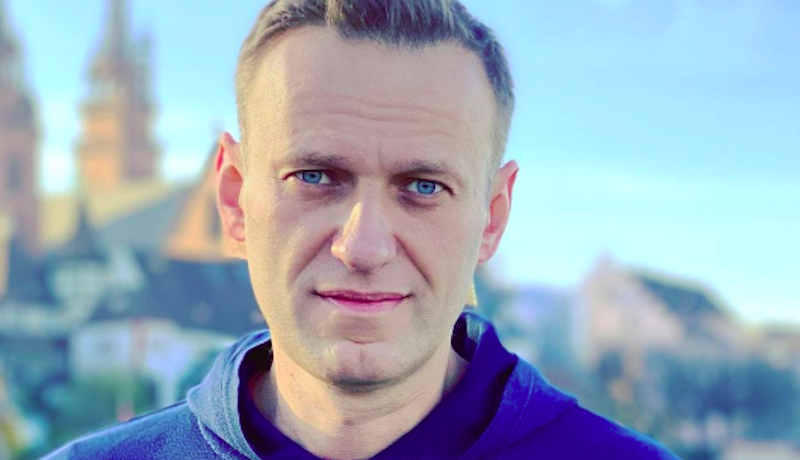
This is the first time that the EU imposes sanctions in the framework of the new EU Global Human Rights Sanctions Regime.
The Council of the European Union on March 2 decided to impose restrictive measures on four Russian individuals responsible for serious human rights violations, including arbitrary arrests and detentions, as well as widespread and systematic repression of freedom of peaceful assembly and of association, and freedom of opinion and expression in Russia.
Alexander Bastrykin, Head of the Investigative Committee of the Russian Federation, Igor Krasnov, the Prosecutor-General, Viktor Zolotov, Head of the National Guard, and Alexander Kalashnikov, Head of the Federal Prison Service have been listed over their roles in the arbitrary arrest, prosecution and sentencing of Alexei Navalny, as well as the repression of peaceful protests in connection with his unlawful treatment.
Meanwhile, a U.S. State Department spokesperson said on March 3 that the U.S. welcomes the EU Council action, adding that the U.S. and EU actions send a clear and unified message that Russia’s attempted assassination of Navalny with a chemical weapon and abuse of human rights have severe consequences.
This is the first time that the EU imposes sanctions in the framework of the new EU Global Human Rights Sanctions Regime which was established on 7 December 2020. The sanctions regime enables the EU to target those responsible for acts such as genocide, crimes against humanity and other serious human rights violations or abuses such as torture, slavery, extrajudicial killings, arbitrary arrests or detentions.
We welcome the @EUCouncil action today. U.S. and EU actions send a clear and unified message that Russia’s attempted assassination of Aleksey Navalny with a chemical weapon and abuse of human rights have severe consequences. https://t.co/cC9ZfSsEwh
— Ned Price (@StateDeptSpox) March 2, 2021
The restrictive measures that entered into force in follow up to discussions by the Foreign Affairs Council on 22 February 2021 consist of a travel ban and asset freeze. In addition, persons and entities in the EU are forbidden from making funds available to those listed, either directly or indirectly.
Note: The EU and the U.S. have been imposing sanctions on various states and their functionaries over human rights violations, crimes against humanity, and other criminal activities. But such sanctions are simply ignored by the rogue states and their leaders who continue to commit crimes against their citizens with full impunity. The imposition of sanctions is an ineffective measure to stop state crimes.

